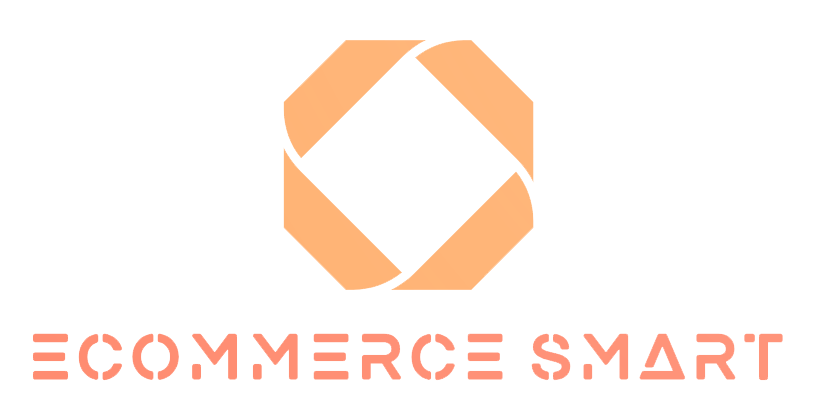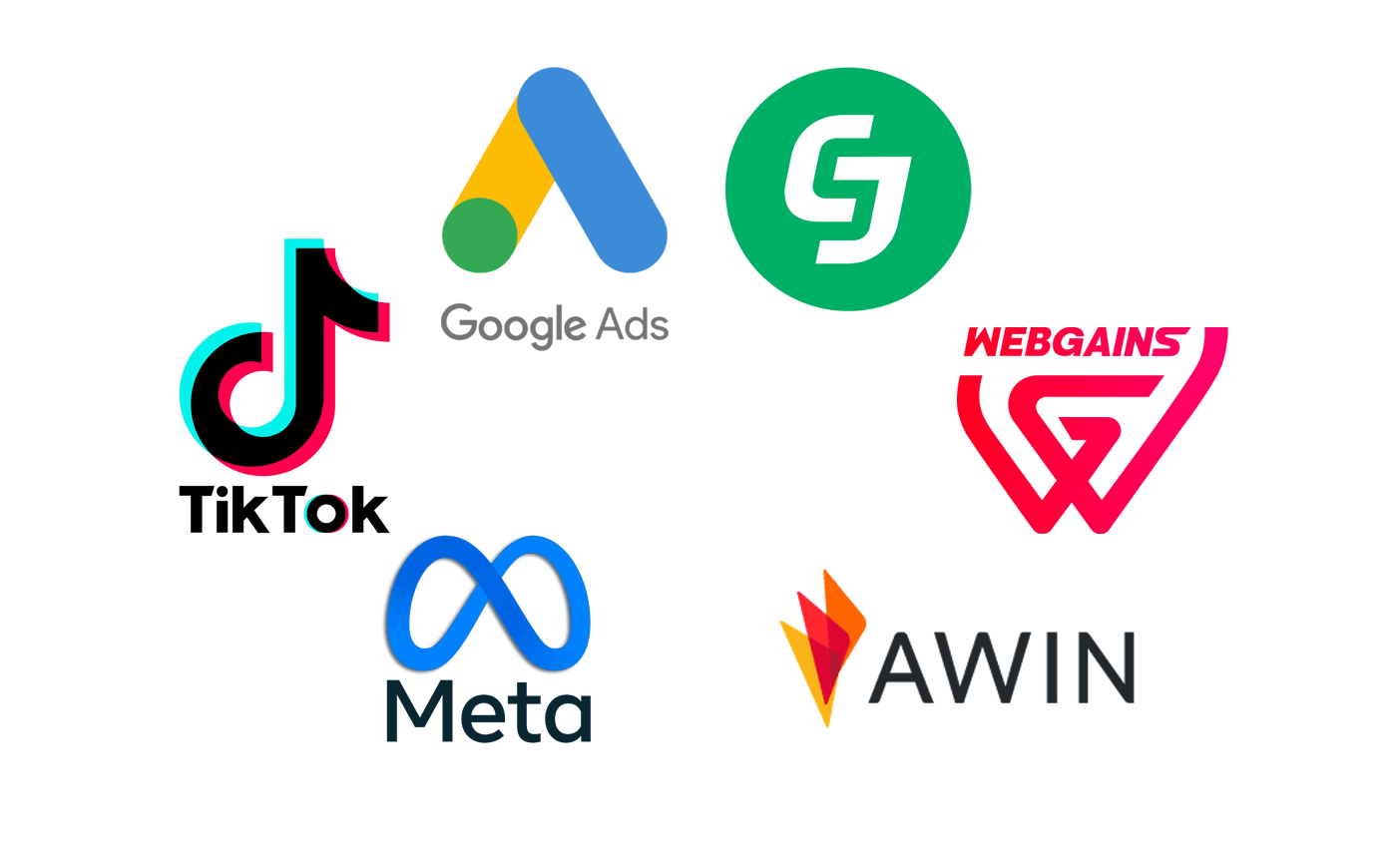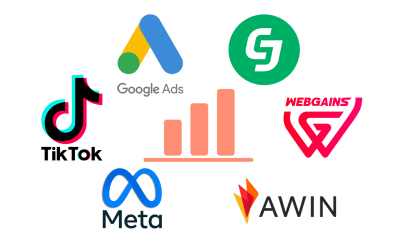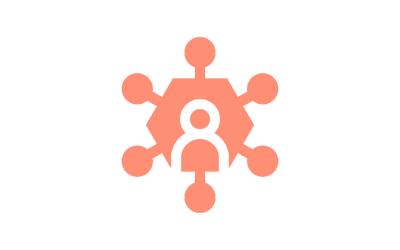When you’re trying to grow an ecommerce business, you’ll eventually reach a crossroads:
Should we double down on paid ads, or start building an affiliate programme?
Both channels can drive traffic, revenue, and new customers. Both can scale. But they work very differently – and choosing the right one at the right time can mean the difference between profitable growth … and wasted spend.
So, which one should come first?
Let’s unpack the pros, cons, and strategic use cases for paid media and affiliate marketing, so you can make a smarter investment decision.
Table of Contents for Paid Media vs Affiliate Marketing
TL;DR: The Core Difference
- Paid media gives you control and speed. You choose your audience, creative, and budget – and results can come quickly.
- Affiliate marketing is more passive (at first). You work with partners who promote your products, and you only pay when they generate results.
One requires cash up front. The other requires trust, time, and a compelling proposition.
Let’s go deeper.
What Is Paid Media?
Paid media covers any marketing where you pay to promote your products via ads. This includes:
- Google Ads (Search, Shopping, Display, Performance Max)
- Meta Ads (Facebook, Instagram)
- TikTok Ads
- YouTube Ads
- Amazon Ads
- Programmatic Display/Retargeting
It’s fast, measurable, and customisable – making it one of the most popular ecommerce growth levers.
→ Learn more about our Paid Media Services and how we help ecommerce brands scale smartly with ads.
Pros of Paid Media
- Immediate traffic: As soon as your ads are live, you can start seeing visitors.
- Full control: Choose your creative, audience targeting, bidding strategy and more.
- Precise testing: A/B test copy, imagery, offers and audiences.
- Scalable: When it works, you can simply increase budget and optimise.
Cons of Paid Media
- Requires upfront budget: You’re paying before you see results – and it can get expensive fast.
- Learning curve: Platform complexity (especially Meta and Google) can burn budget without expertise.
- Crowded channels: Everyone’s advertising. Standing out isn’t easy.
- ROAS volatility: Algorithm shifts, competitor activity and seasonal trends can wreak havoc.
What Is Affiliate Marketing?
Affiliate marketing is performance-based. You partner with content creators, publishers, influencers or other websites, who promote your products in exchange for commission when they generate sales.
Think:
- Gift guide placements
- YouTube product reviews
- Instagram stories with trackable links
- Comparison blogs
- Cashback/reward sites
You pay only when a sale is made – and the affiliate gets a cut.
→ Interested in setting up or improving your affiliate setup? Check out our Affiliate Marketing Consultancy.
Pros of Affiliate Marketing
- Low risk, high ROI: You only pay for results – not clicks or impressions.
- Great for brand awareness: Affiliates help expose your brand to new audiences.
- Long tail of content: Blog posts and YouTube videos can keep driving traffic for months or years.
- Supports SEO: Quality backlinks from affiliate content can help organic rankings.
Cons of Affiliate Marketing
- Takes time to build: You need to recruit, manage and support affiliates – and that doesn’t happen overnight.
- Quality varies: Some affiliates drive high-value sales, others just coupon-code scrapers.
- Less control: You don’t choose the creative or messaging – affiliates do.
- Tracking setup can be tricky: Attribution can get messy if your platform isn’t set up correctly.
Paid Media vs Affiliate Marketing – When to Choose Which?
Here’s where the real decision-making starts.
Choose Paid Media First if:
- You need fast, controllable traffic
- You have a clear ROAS target and are ready to test/optimise
- Your product has mass appeal or high urgency (e.g. fashion, gifts, trending items)
- You’re launching a new store and need visibility
- You have budget set aside for advertising
- You’ve got strong product pages, images, and site UX already
→ Not sure your funnel’s ready for ads? Our Conversion Rate Optimisation (CRO) service can help improve landing pages before you start spending.
Choose Affiliate Marketing First if:
- You have a unique product with a strong story or niche appeal
- You want to build trust and credibility through influencers and content creators
- You prefer low-risk growth – paying only for results
- You have some SEO or content marketing foundations in place
- You want long-term, evergreen traffic alongside your ads
- You don’t yet have the team or budget to manage ad campaigns
→ We also recommend Referral Marketing for similar low-risk, high-trust growth – powered by your existing customers.
Why the Best Brands Use Both
Here’s the thing: it’s not either/or.
The most successful ecommerce businesses we work with use both channels together:
- Paid media drives fast growth, validates offers, and fuels scaling.
- Affiliate marketing builds brand equity, supports SEO, and adds profitability.
The trick is in how you sequence them – and how you manage the resource behind each.
Tools & Platforms to Know
For Paid Media:
- Google Ads
- Meta Business Suite
- TikTok Ads Manager
- Criteo (for dynamic remarketing)
For Affiliate Marketing:
Measuring Success
Paid Media KPIs:
- ROAS (Return on Ad Spend)
- Cost per Acquisition (CPA)
- Conversion Rate
- CTR (Click-through Rate)
- Impression Share
- Customer Lifetime Value (CLV)
Affiliate KPIs:
- Commission payout %
- Earnings per click (EPC)
- Number of active affiliates
- Affiliate-generated revenue
- Average order value from affiliate traffic
- Attribution overlap with other channels
→ Not sure what to measure? Our Analytics & Reporting service helps you connect the dots.
Final Thoughts on Paid Media vs Affiliate Marketing
Both paid media and affiliate marketing can drive serious ecommerce growth – but they serve different functions.
- Paid ads = fast, controlled, and scalable – but budget-heavy and high-maintenance
- Affiliate = slower to build, but cost-effective, trust-based, and sustainable
If you’re starting from scratch and need speed → start with paid
If you’re running lean, have a strong product, and want low-risk scale → start with affiliate
But if you want smart, long-term, diversified growth?
Use both – in the right order, with the right strategy.
Want help choosing (or managing) the right mix?
Book a free discovery call and let’s build a growth plan that actually fits your business.








0 Comments